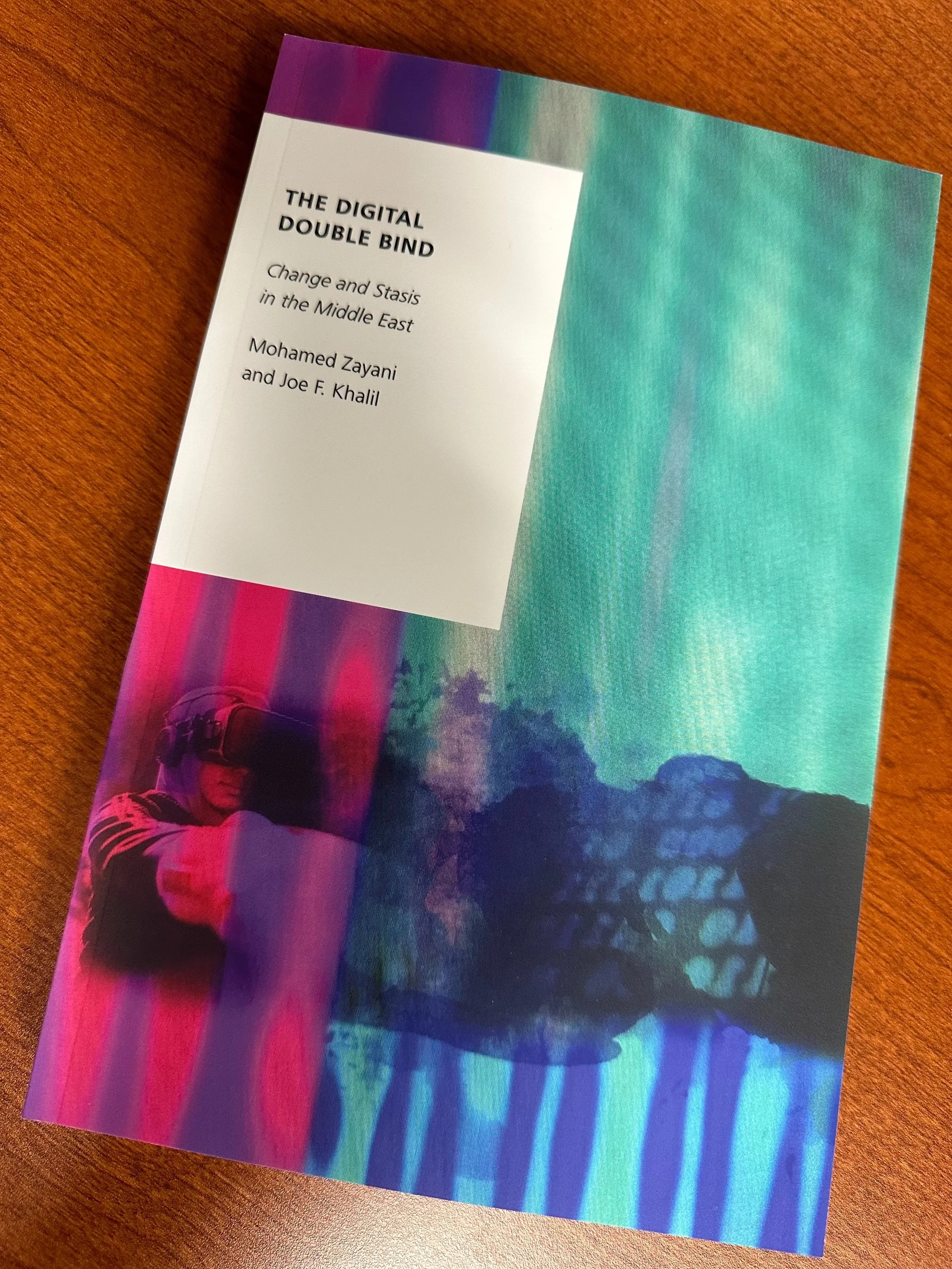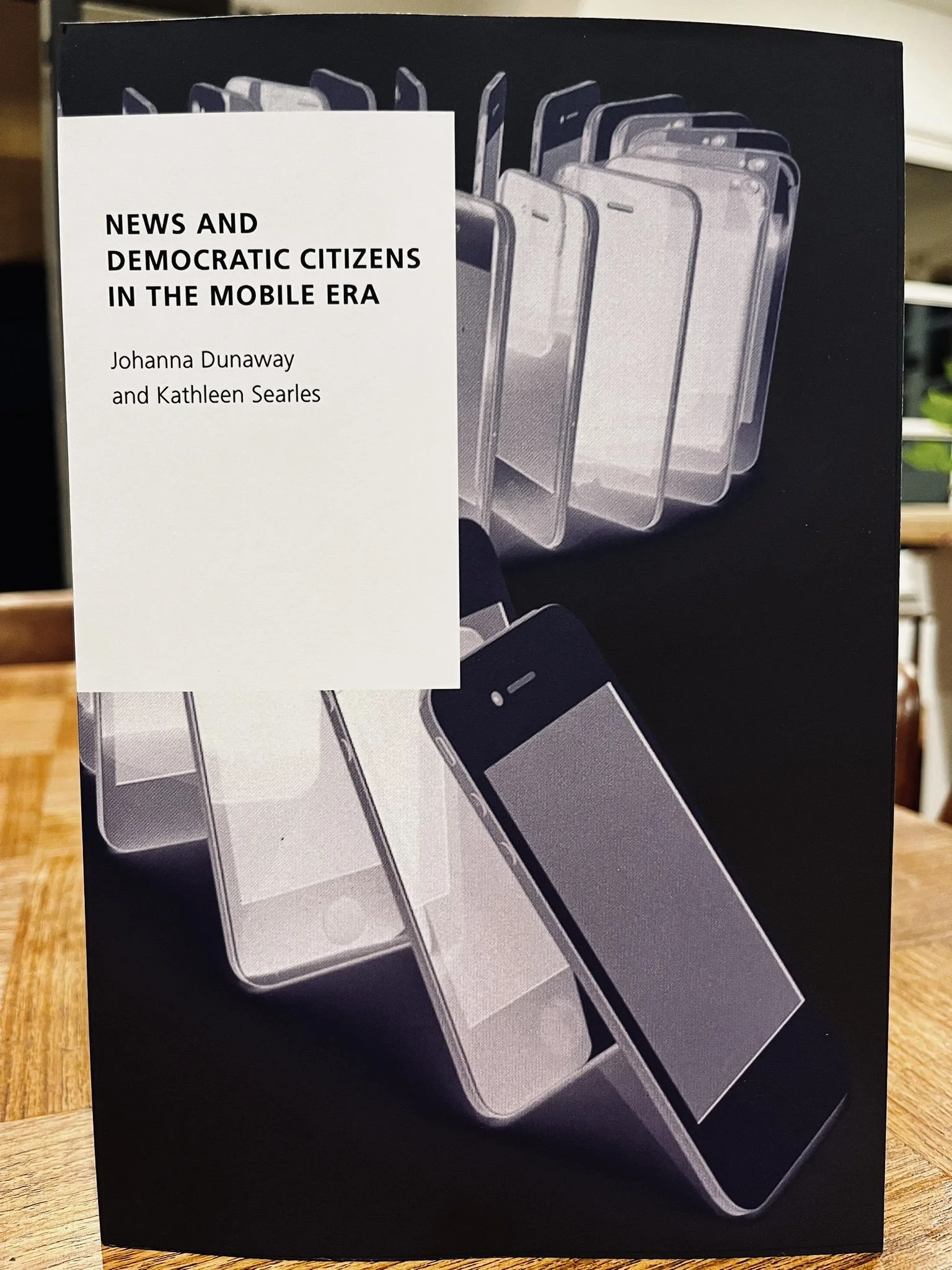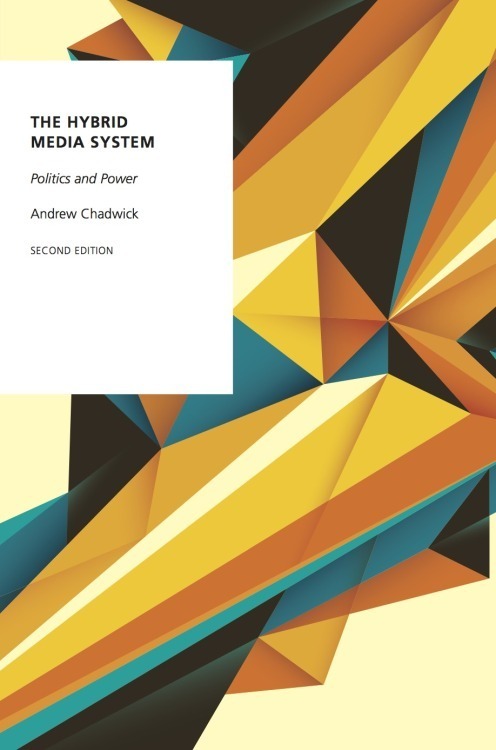Resources of Hope
/As we head into the Trump-Musk inauguration... some brief thoughts.
In late 2019 I was lucky enough to be asked to do a keynote at the biannual Future of Journalism conference in Cardiff. At the conference dinner that night Adrienne Russell and I had a long conversation about the post-2016 fireball that was starting to burn through media systems.
We picked up some of the themes from a 2018 panel at the ICA conference, Social Media Platforms: A Crisis of Democracy?. (Interesting aside: a lot of the Q&A in that 2018 panel was devoted to forward-thinking solutions, such as new alternative platform model—only Mastodon at the time—and potential new regulatory proposals; I'll return to this.)
A few weeks after Cardiff, Adrienne got in touch to ask if we could revisit the dinner conversation. The plan was that she'd publish the transcript in a journal issue that Colin Porlezza and Philip Di Salvo were editing.
Here we are, five years on, after the pandemic dis/misinformation, January 6, and now the newly intense social media dysfunction that's crowded in over recent months.
It’s been five years, but so much has happened. Looking back, I have mixed feelings. It saddens me to say that the worst of the developments Adie and I discussed back then have only intensified. And, as we've seen over recent months, they have been joined by new, even worse dysfunction.
But on the upside, back then, responses to the crisis were inchoate. Yet today we have a range of responses around the world, whether it's research, public advocacy, regulation, a lively reporting beat, or heightened public awareness.
So, there's optimism, too. Resources of hope (to borrow from Raymond Williams). It's easy to forget this.
You can read the interview here.
Many thanks again to Adrienne and Colin and Philip for putting it out.
Coda: If Allacademic’s website doesn’t flake out (it often does), you can read a summary of that 2018 ICA panel, which featured great talks from Nick Couldry, Daniel Kreiss, Shannon McGregor, Rasmus Kleis Nielsen, Sarah Ganter, Samantha Bradshaw, Lisa-Maria Neudert, Phil Howard, and Dave Karpf here.






















